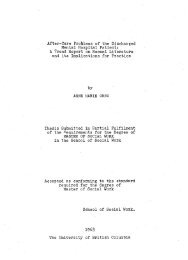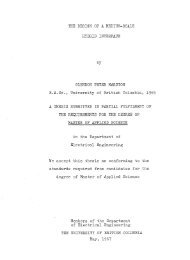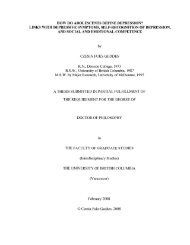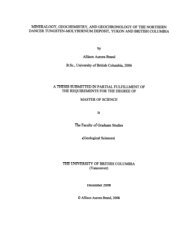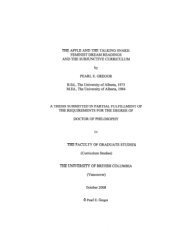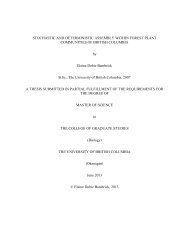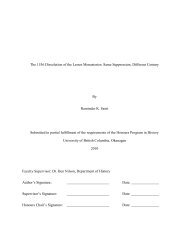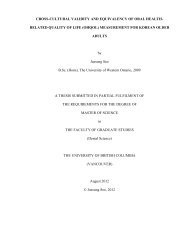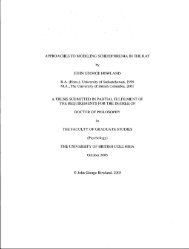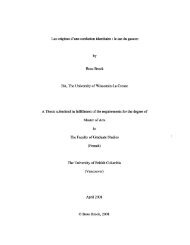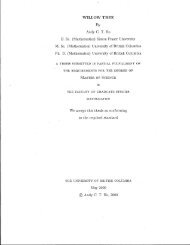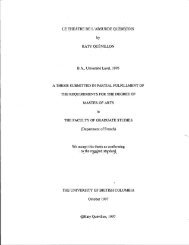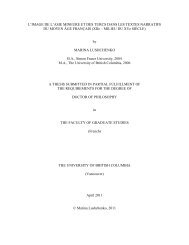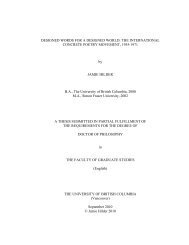A STUDY OF THE THEORY OF APPRAISAL FOR SELECTION By ...
A STUDY OF THE THEORY OF APPRAISAL FOR SELECTION By ...
A STUDY OF THE THEORY OF APPRAISAL FOR SELECTION By ...
You also want an ePaper? Increase the reach of your titles
YUMPU automatically turns print PDFs into web optimized ePapers that Google loves.
accomplished. As Hans Booms has clearly noted, use as an arbiter<br />
of value is riddled with difficulties. The concept of use as<br />
applied to appraisal implies the concept of value. It is<br />
speculative regarding the values of the future, includes the<br />
values of the present, and assumes the values of the past. The<br />
entire approach submerges appraisal in the subjective relativity<br />
of the concept of value and the inevitable dangers of the<br />
distortion of the documentary record. Schellenberg's theory thus<br />
fails to give preeminence to the need for an objective stance by<br />
the archivist, and fails to protect adequately the probative and<br />
archival nature of archives. What is lost in the process is the<br />
moral defence of the archival integrity of the documentary<br />
heritage of society.<br />
Schellenberg identifies primary value as the usefulness of<br />
the records to the creating organization. The value of active<br />
records is temporary, and ends with the semi-active stage of the<br />
life cycle. Primary value is synonymous with the British concept<br />
of administrative value, which identifies records that are<br />
required to support the active administrative, legal and<br />
financial operations of an organization. But, contrary to<br />
British archival traditions, Schellenberg sharply differentiates<br />
primary value from secondary value.<br />
Schellenberg defines secondary value as the use of archival<br />
records by agencies other than the creator, and individual<br />
researchers. These values are lasting historical, research<br />
values that remain long after the current administrative use of<br />
96



